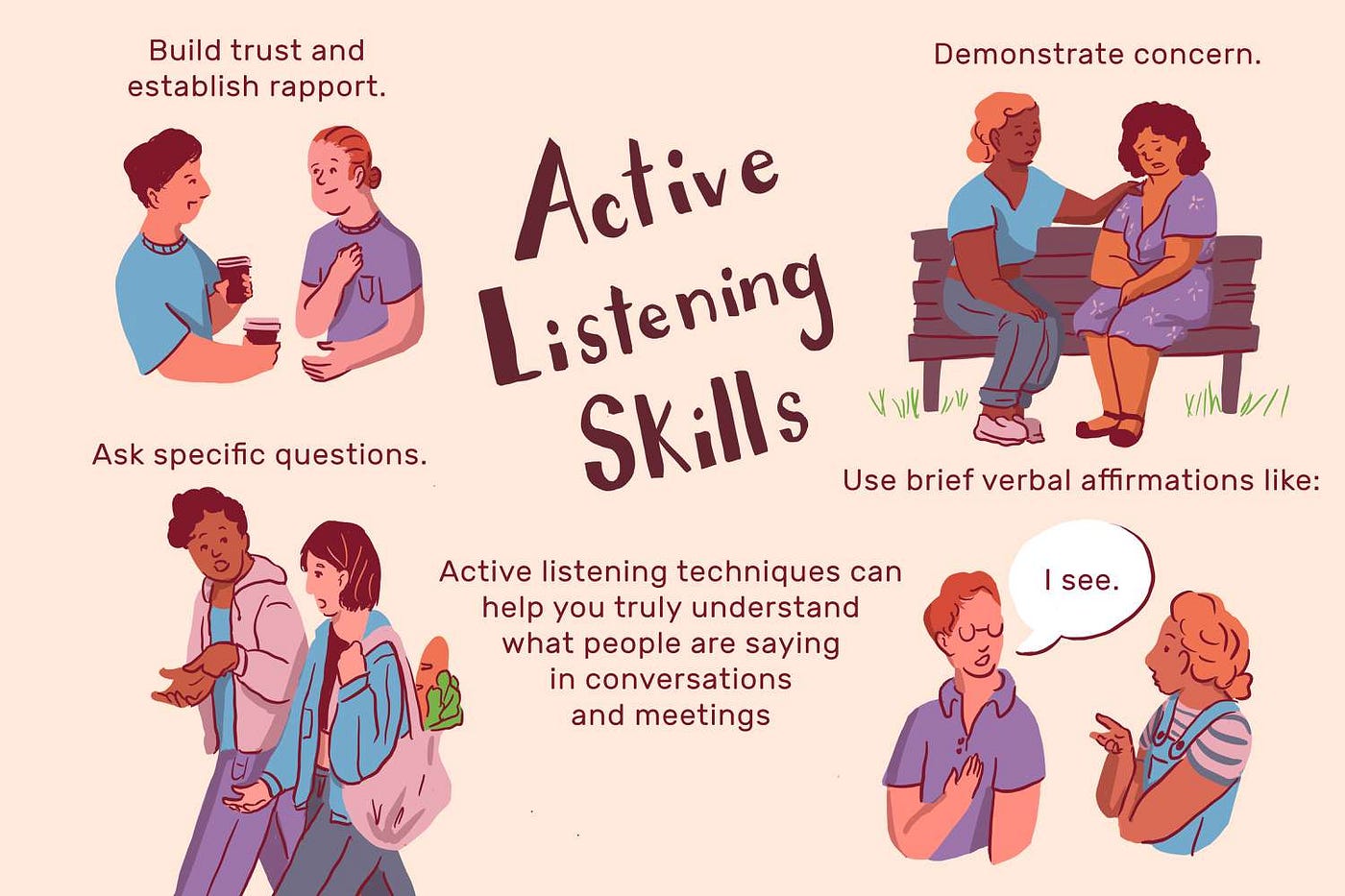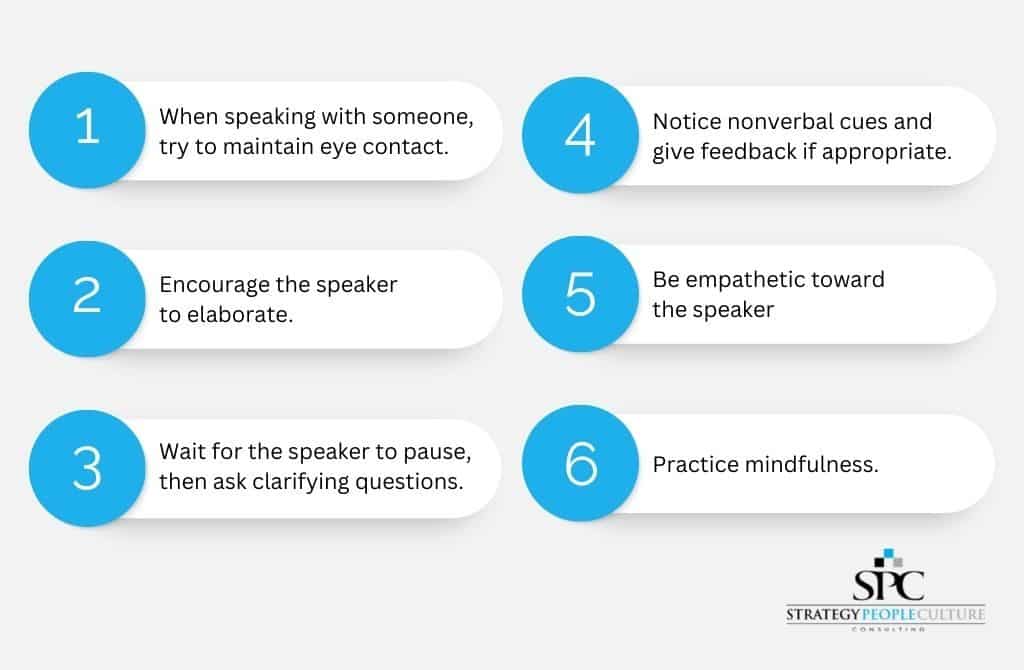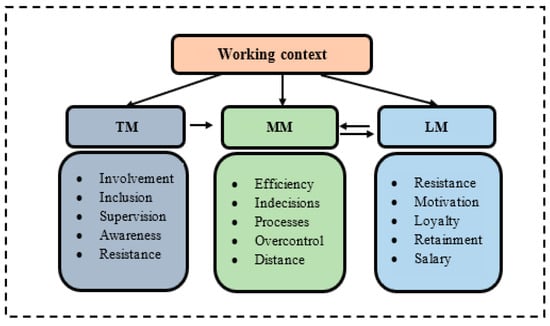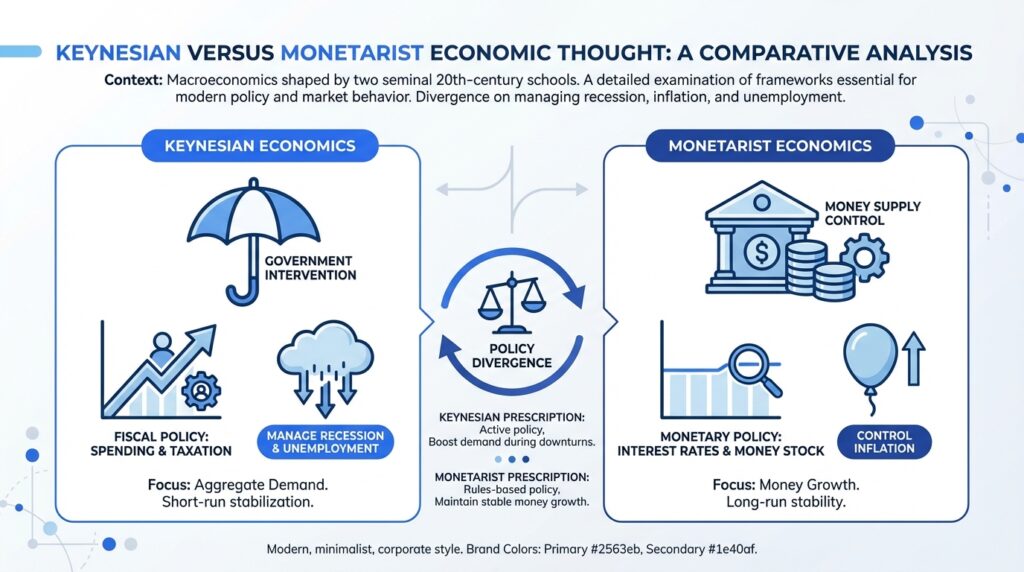Introduction
Definition of Strategic Listening
Strategic listening is more than just passively hearing words; it’s an intentional process where the listener focuses on understanding and interpreting the underlying message. Imagine engaging in a heartfelt conversation with a friend. Instead of merely nodding, you're actively considering their emotions and thoughts, tailoring your responses based on your hearing. This is what strategic listening aims to achieve—enhancing comprehension to foster meaningful interactions.
Benefits of Strategic Listening
The advantages of honing strategic listening skills extend far beyond improved communication. Here are some key benefits:
- Strengthening Relationships: By paying attention to the words and emotions behind them, deeper connections can be formed.
- Facilitating Conflict Resolution: Understanding different perspectives helps in resolving disputes amicably.
- Boosting Professional Success: In the workplace, strategic listening promotes collaboration and innovation, paving the way to achieve individual and team goals.
- Enhancing Personal Growth: By listening effectively, individuals can gain insights that lead to self-improvement.
When one practices strategic listening, the potential for personal and professional development is magnified
Understanding Strategic Listening
What is Strategic Listening?
Strategic listening involves more than simply absorbing information; it’s an active engagement to develop understanding and retain critical insights. For instance, during a team meeting, a strategic listener doesn't just hear what's being said but also picks up on non-verbal cues and the overall dynamics of the discussion. They analyze the context, ask clarifying questions, and synthesize information to respond effectively. It’s about being fully present and dedicated to truly grasping the conversation.
Difference between Hearing and Listening
While many people use "hearing" and "listening" interchangeably, they represent two distinct processes:
- Hearing: This is the physiological act of perceiving sound. It’s passive and often automatic. You might hear background noise while working, but it doesn’t engage your focus.
- Listening: This goes more profound; it's an active process that requires concentration and attention. You can relate it to a situation where a child tells a story about their day — listening means being attuned to their emotions, thoughts, and interests.
Understanding these differences is crucial for developing practical strategic listening skills in personal and professional contexts.
Importance of Strategic Listening
Building Stronger Connections
Strategic listening is a fundamental skill that helps in nurturing personally and professionally relationships. When individuals practice this form of listening, they demonstrate genuine respect and care for others’ viewpoints, which fosters trust and rapport. Think about a time when someone truly listened to you during a challenging moment. You likely felt valued and understood, strengthening your bond with that person.
Here are a few ways strategic listening builds stronger connections:
- Empathy Development: By actively listening, one can better understand others' feelings and perspectives.
- Transparency in Communication: Encouraging open dialogue leads to more honest interactions.
- Shared Experiences: Engaging fully in conversations allows for creating shared memories and experiences.
Achieving Personal and Professional Goals
Implementing strategic listening plays a significant role in goal attainment. In a work setting, listening to colleagues’ ideas can spark innovative solutions, while in personal life, understanding loved ones’ needs can lead to more supportive relationships.
Consider these strategies for goal achievement through strategic listening:
- Clarity of Objectives: Listening helps clarify goals by understanding different viewpoints.
- Collaboration: It paves the way for effective teamwork, harnessing each individual's strengths.
- Feedback Incorporation: Active listening opens doors for constructive feedback, crucial for growth.
Ultimately, strategic listening is essential forging connections and driving success in various aspects of life.
Developing Strategic Listening Skills
Active Listening Techniques
To cultivate strategic listening skills, one must embrace active listening techniques that transform how information is absorbed and interpreted. For example, during a conversation with a coworker about a project, take a moment to engage fully instead of merely replying quickly.
Here are a few effective active listening techniques to consider:
- Paraphrasing: Restate the speaker's words in your own words, confirming your understanding. For instance, "So you’re saying that the new marketing strategy isn’t resonating with our target audience?"
- Clarification: Ask questions to ensure you fully grasp the topic. This invites deeper dialogue and shows your interest.
- Non-verbal Cues: Use body language—like nodding or maintaining eye contact—to convey attentiveness.
Effective Communication Strategies
Beyond active listening, incorporating effective communication strategies enhances overall interaction quality. It's crucial to create an environment where open dialogue can flourish.
Consider these strategies:
- Maintain an Open Mind: Avoid preconceived judgments; instead, approach conversations with curiosity.
- Summarize Regularly: Throughout discussions, summarize key points to reinforce understanding and clarify misunderstandings.
- Provide Feedback: Share your thoughts respectfully to contribute to the conversation without dominating it.
Blending active listening techniques with effective communication significantly enhances one's ability to connect and respond strategically, thereby creating more meaningful interactions.

Applying Strategic Listening in Relationships
Enhancing Interpersonal Relationships
Employing strategic listening within interpersonal relationships can significantly enhance the depth and quality of connections. Picture a moment spent with a close friend who is sharing personal struggles. By attentively listening—asking questions, validating their feelings, and showing genuine empathy—you create a space where they feel heard and understood. This fosters a strong bond built on trust and emotional intimacy.
Consider these ways to enhance interpersonal relationships through strategic listening:
- Show Genuine Interest: Ask open-ended questions that encourage deeper conversation.
- Be Present: Put away distractions, ensuring your focus is solely on the speaker.
- Acknowledge Emotions: Often, it’s not just the words but the feelings behind them that need recognition.
Resolving Conflicts Through Strategic Listening
Conflict is a natural part of any relationship, but strategic listening can be the key to resolution. When tensions rise, actively listening to the other person’s perspective can deescalate a situation. For example, during a disagreement with a partner, take the time to truly understand their viewpoint rather than interrupting or formulating your response.
To resolve conflicts effectively, consider these strategies:
- Validate Concerns: Show that you value their feelings even if you disagree.
- Avoid Defensiveness: Openly listen without preparing your rebuttal as they speak.
- Collaborate on Solutions: Use the insights from listening to partner to find resolutions.
By applying strategic listening in relationships, individuals can enhance understanding, build resilience, and create lasting, fulfilling connections.

Strategic Listening in Leadership and Business
Improving Leadership Communication
Strategic listening is a vital component of effective leadership communication. Leaders who try to listen actively foster an environment of trust and openness. For instance, when a leader holds regular one-on-ones with team members, actively engaging in dialogue makes employees feel valued and encourages them to share their ideas and concerns.
To improve leadership communication through strategic listening, consider these points:
- Encourage Feedback: Create channels for team members to share their thoughts openly. This can lead to innovative solutions and improvements.
- Be Approachable: Maintain a demeanour, inviting others to speak freely, ensuring they are not intimidated.
- Acknowledge Contributions: Recognizing and validating team members’ input reinforces their importance.
Enhancing Team Collaboration
Strategic listening doesn’t just improve communication; it enhances team collaboration as well. When team members practice active listening, it paves the way for better cooperation and alignment on shared goals. Imagine a brainstorming session where every idea is openly discussed and thoughtfully considered; this inclusive atmosphere can foster creativity and unity.
Here are some strategies to enhance collaboration through strategic listening:
- Facilitate Open Discussions: Encourage all team members to voice their opinions during meetings, cultivating diverse perspectives.
- Summarize and Align: Regularly summarizing discussions helps the team stay on the same page and clarify misunderstandings.
- Promote Respectful Dialogue: Establish ground rules for discussions emphasising listening and respect, ensuring that every voice is heard.
In essence, organizations can create a culture of collaboration, innovation, and mutual respect by incorporating strategic listening in leadership and team dynamics.
Overcoming Barriers to Strategic Listening
Recognizing Common Listening Barriers
While strategic listening is integral to effective communication, several barriers can impede this skill. Recognizing these obstacles is the first step in overcoming them. Common barriers include:
- Distractions: Background noise, digital devices, or multitasking can divert attention away from the speaker.
- Prejudgments: Entering conversations with preconceived notions can cloud judgment and undermine genuine understanding.
- Emotional Reactions: Strong feelings can be distracting, making it hard to focus on what the other person is saying.
For instance, during a heated discussion, feeling defensive can lead to misinterpretations and missed messages, preventing fruitful dialogue.
Strategies to Overcome Barriers
Fortunately, there are effective strategies to navigate these barriers and enhance strategic listening:
- Create a Distraction-Free Environment: Turn off devices and choose quiet spaces for meaningful conversations to facilitate better focus.
- Practice Mindfulness: Ground yourself in the moment. Deep breaths and brief pauses can help calm emotional responses, allowing for more apparent listening.
- Cultivate an Open Mindset: Start conversations with the intent to understand rather than to respond. This can dramatically shift the tone and productivity of interactions.
By acknowledging these barriers and implementing thoughtful strategies, individuals can significantly improve their strategic listening skills, paving the way for more prosperous and meaningful interactions.
Measuring and Monitoring Strategic Listening
Tools for Evaluating Listening Effectiveness
To truly enhance strategic listening skills, it’s essential to have concrete methods for evaluating effectiveness. While self-reflection is valuable, utilizing tools can provide a more precise assessment. Consider these valuable resources:
- 360-Degree Feedback: Collect insights from peers, supervisors, and subordinates regarding listening skills. This broader perspective helps identify strengths and areas for improvement.
- Listening Assessments: Utilize formalized tests or questionnaires that gauge listening comprehension and retention skills.
- Audio Recordings: If appropriate, record conversations (with consent) to review later. This allows you to observe your listening habits and responses objectively.
Setting Listening Goals and Tracking Progress
Setting specific goals is essential for continuous improvement in strategic listening. Start by identifying a particular area to focus on, such as reducing conversation interruptions.
Here are ways to set and track progress:
- SMART Goals: Ensure that your goals are Specific, Measurable, Achievable, Relevant, and Time-bound. For example, “I will practice active listening by summarizing the main points in meetings for the next month.”
- Keep a Listening Journal: Record reflections after conversations, noting what went well and what could be improved. This practice encourages accountability and growth.
- Regular Check-Ins: Schedule time to review your listening progress with a mentor or colleague, using their feedback to recalibrate your efforts.
By employing these tools and establishing clear goals, individuals can effectively measure and monitor their strategic listening journey, leading to sustained personal and professional growth.

Integrating Strategic Listening into Daily Practices
Incorporating Listening Exercises
Incorporating specific listening exercises can be immensely beneficial in effectively integrating strategic listening into daily life. These exercises build skills and reinforce the habit of active engagement. For example, try the "Listening Triad" exercise with friends or colleagues. In this activity, one person speaks for a few minutes while the others listen, then take turns summarizing what was said.
Here are a few more listening exercises to consider:
- Mindful Listening: Dedicate a few minutes daily to listen to music or nature sounds while focusing solely on the nuances and details rather than multitasking.
- Story Sharing: Create a space where colleagues or friends share personal stories or experiences, encouraging participants to listen without interruptions and later reflect or discuss what they heard.
Making Listening a Habit
Transforming strategic listening into a habit requires consistency and intention. Start small; for instance, commit to practising active listening during one conversation daily. Over time, gradually increase this commitment.
To reinforce listening as a habit:
- Set Reminders: Use calendar alerts or sticky notes in your workspace to remind yourself to focus on listening.
- Reflect Regularly: At the end of each week, reflect on your listening experiences. Consider what worked well and what challenges arose.
- Engage Others: Share your commitment to improving listening with friends or colleagues. Encouraging them to join you can create a supportive environment for growth.
By incorporating structured exercises and making listening a conscious habit, individuals can seamlessly integrate strategic listening into their daily lives, leading to better connections and enhanced communication.

Conclusion
Recap of Key Points
As we wrap up our exploration of strategic listening, it's important to remember the key components we discussed. We learned:
- Definition and Importance: Strategic listening goes beyond simply hearing words; it encompasses understanding context, emotions, and nuances.
- Methods for Development: Active listening techniques and effective communication strategies empower individuals to enhance their listening capabilities.
- Application in Relationships and Work: By integrating strategic listening into personal relationships and leadership roles, one can foster deeper connections and encourage collaboration.
- Overcoming Barriers: Recognizing challenges and employing specific strategies can significantly improve listening effectiveness.
Significance of Strategic Listening for Personal and Professional Success
Ultimately, strategic listening is not just a skill—it's a cornerstone of personal and professional success. It enables individuals to build trust, resolve conflicts, and collaborate more effectively. For instance, in my own experience, honing my listening skills has turned challenging interactions into productive conversations, allowing for mutual understanding and growth.
As you commit to practising strategic listening, you'll notice improvements in your communication and more meaningful relationships, increased innovation in team settings, and a more remarkable ability to achieve goals. Embrace this journey, and watch how it transforms your interactions and opens new doors in both your personal and professional life.




